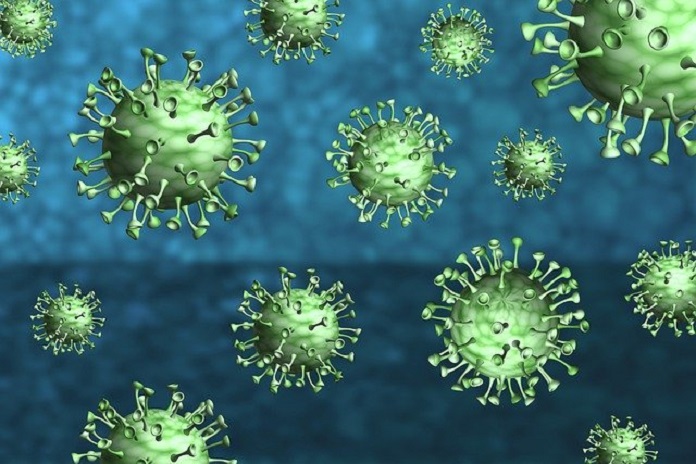Research study investigates whether SARS-CoV-2 antibodies provide equal protection against infection.
As the SARS-CoV-2 pandemic continues to impact the world, healthcare officials implement policies they hope will flatten the curve. This strategy aims to slow the spread of the virus, so hospitals are not overwhelmed. Ultimately the result is a population that has been exposed to and has immunity to COVID-19.
But how does one know whether they have immunity against COVID-19 or whether they were unknowingly infected and are now immune? One way is to test for antibodies against SARS-CoV-2. Scientists have developed tests for the SARS-CoV-2 antibody to determine whether exposure has occurred, and immunity is present.
However, it turns out there are two different types of antibodies that can be present from COVID-19. The presence of each antibody can mean different levels of immunity against SARS-CoV-2. The two antibodies are one that attaches to the SARS-CoV-2 spike protein receptor binding domain (S-RBD) and the other attaches to the SARS-CoV-2 nucleocapsid protein (N-protein).
Researchers from the University of Texas MD Anderson Cancer Center investigated what level of immunity each SARS-CoV-2 antibody might provide. Their results were published in the journal JCI Insight.
Most commercial antibody detection kits are created to detect the N-protein, with over 23 million tests made available in the United States. However, most research studies on SARS-CoV-2 antibody production in infected people have focused on S-RBD. It is unknown whether the presence of N-protein ensures the presence of S-RBD, and what level of immunity is provided by either antibody.
For at least 11 days, the researchers followed 30 severely ill patients admitted to the ICU diagnosed with COVID-19. Researchers took 138 blood serum samples from these patients, compared them to 412 samples taken from healthy patients between June 2017 and December 2019, and 52 samples taken between January to June 2020.
The blood serum samples were analyzed for SARS-CoV-2 antibody by a test known as ELISA (enzyme-linked immunosorbent assay). ELISA is a method for detecting antibodies and determining how many are present. It was used to detect the presence of S-RBD and N-protein in all the blood serum samples collected.
The researchers found that 3% of the patients from both groups had the N-protein, but only 1.6% of them had the S-RBD antibody. Individually, the S-RBD antibody provided 86% immunity, and the N-protein provided 74%. Patients that had both SARS-CoV-2 antibodies had 96.5% immunity.
In a press release senior author Raghu Kalluri, M.D., Ph.D., professor and chair of Cancer Biology emphasized, “These findings suggest that detection of N-protein binding antibodies does not always correlate with presence of S-RBD neutralizing antibodies, and that the presence of the S-RBD antibody is the best indicator of any potential protection against reinfection.”
Written by Rebecca K. Blankenship, B.Sc
Reference:
1. McAndrews K, Dowlatshahi D, Dai J et al. Heterogeneous antibodies against SARS-CoV-2 spike receptor binding domain and nucleocapsid with implications on COVID-19 immunity. JCI Insight. 2020. doi:10.1172/jci.insight.142386
Image by Thiago Lazarino from Pixabay



